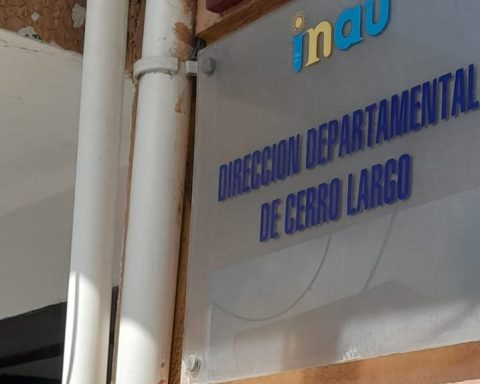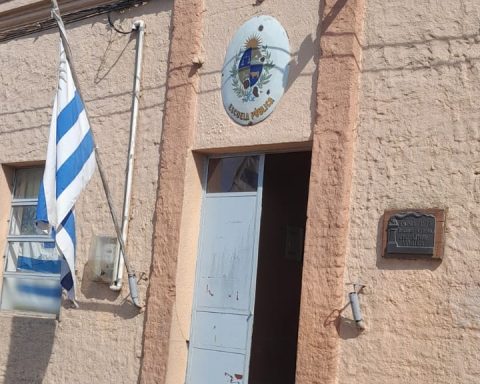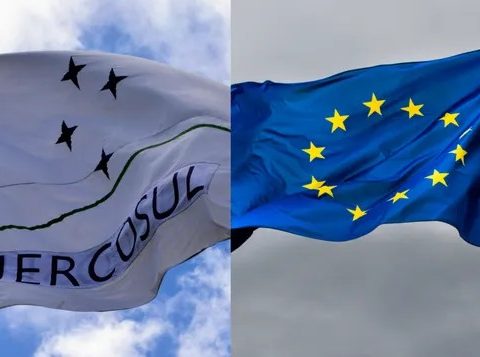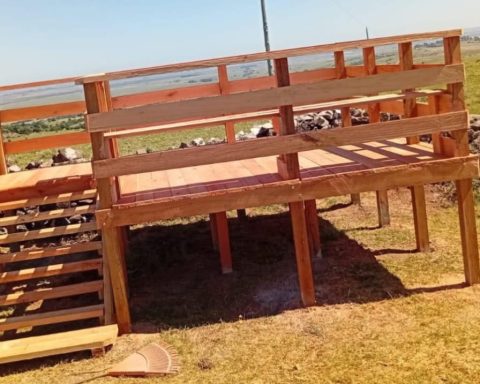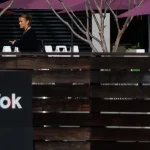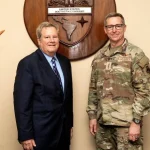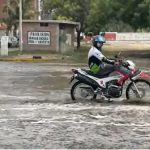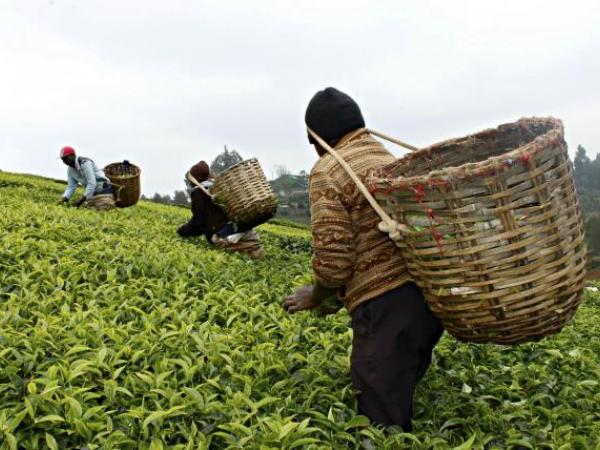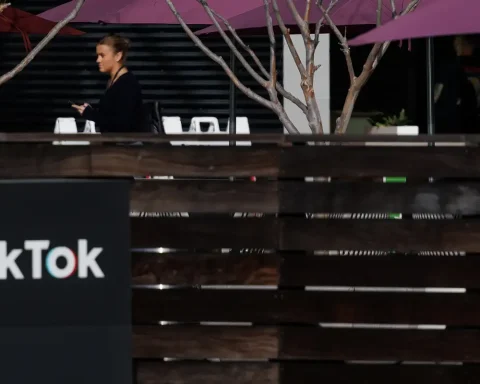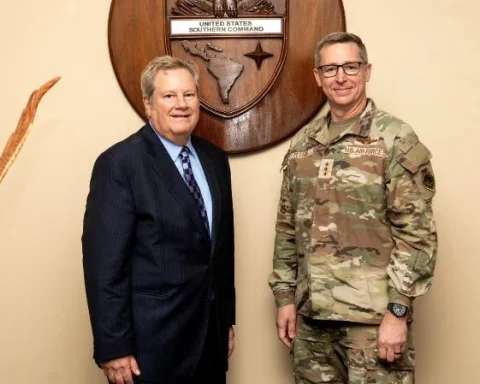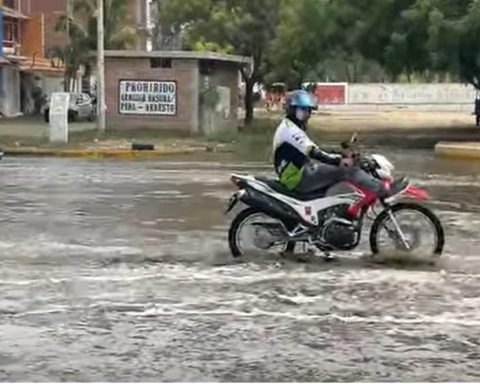After the announcement by the President of the Republic, Luis Lacalle Pou, in which he reported that the health emergency will be lifted, and the press conference held by the Minister of Public Health, Daniel Salinas, in which he gave some elements that are eliminated As a result of this decision, the Ministry of Public Health (MSP) published a statement detailing the update of the covid-19 surveillance strategy.
In this sense, they assured that, given the national and regional scenario of a downward global trend in the incidence of covid-19 cases, a “review and update” in the strategies was understood to be “necessary and timely” and they were divided into three components: general population preventive measures, surveillance and control measures for entering the country and surveillance and control measures in the national territory.
Recommended measures
Regarding general population preventive measures, the MSP highlights that the actions taken during the pandemic scenario were “clearly beneficial” not only to help minimize the spread of covid, but also of “other transmissible agents.”
In this regard, they recommended washing hands regularly with soap and water or, if not possible, using alcohol gel; ensure frequent ventilation of spaces with regular air renewal; implement strategies for the measurement of CO2 concentration in interior spaces, especially in places with agglomeration of people; and adhere to and insist on vaccination.
Regarding the use of masks, the MSP informs that it must be mandatory and permanent when there are respiratory symptoms that maintain contact with other people for the duration of the symptoms and recommends its use in asymptomatic people on the following occasions:
– Use of collective means of transport (buses and transport vans).
– Health personnel with regular direct attention to the public or patients.
– Officials in charge of vulnerable groups such as shelters, detention facilities, care centers for people with functional dependence or with unvaccinated people (in charge of children under 5 years of age).
– Closed spaces with crowds of people and where vaccination status is differentiated.
– Food handlers.
For entry into the country, it was determined that no test for the detection of the coronavirus will be routinely requested, although it will be done for unvaccinated people. “Complete vaccination schedule will continue to be requested, according to type of vaccine and country of origin, not considering the time elapsed since vaccination to be limiting,” the text states. In addition, it adds that symptomatic people or those who have been recently identified as a contact of a confirmed case should not travel and that the person who had the disease in the last 10 to 90 days can enter, regardless of their vaccination status. “Any person with respiratory symptoms must initiate isolation and consult with their provider as soon as possible to be evaluated by not attending their regular activities and minimizing interaction with other people. If the case does not present hospitalization criteria, testing for SARS-COV-2 in Health Personnel is recommended. Any person with mild symptoms who is not health personnel may be tested for SARS-COV-2 according to medical indication, ”says the statement. Likewise, they point out that all the Infection Committees and laboratories authorized to carry out Tests for SARS-COV-2 must continue to report all confirmed cases through the established channels. The MSP’s national surveillance system will continue to monitor and investigate for epidemiological purposes any confirmed case of covid that requires hospitalization, as well as any deceased case with a positive test. In addition, the Epidemiology Division, through the Health Surveillance and Laboratory Department, will continue to carry out “sentinel” surveillance, which is common in influenza and other viruses of public health importance. Finally, the capacity will be expanded to 100% for all activities, regardless of whether it is in open or closed spaces and the vaccine will not be controlled. “It is recommended that people with risk factors avoid attending events in closed spaces,” the text concludes.
The chronology of the Pandemic in Uruguay
The EFE International Agency prepared a report with the main dates of the health crisis in Uruguay since March 13, 2020, when the Executive appeared to report the first cases of this disease in our country.
— March 13, 2020 — Barely twelve days after starting his term (2020-2025), the President of Uruguay, Luis Lacalle Pou, and all his ministers offer a press conference at the Executive Tower (seat of Government), in which confirm the detection of the first four positives for SARS-Cov-2 coronavirus in Uruguay.
— March 29, 2020 — Rodolfo González Rissotto, minister of the Electoral Court between 1996 and 2010, dies and became the first official death from covid-19 in Uruguay. Ten days earlier, an 82-year-old woman with coronavirus had died, but she was never included among the victims of the pandemic because she suffered from terminal cancer and her death was linked to that disease.
— April 16, 2020 — The Honorary Scientific Advisory Group (GACH) is born, a group of more than fifty specialists from different areas, coordinated by the doctor and biochemist Rafael Radi, the gastroenterologist Henry Cohen and the mathematician Fernando Paganini, who They were in charge of helping the Executive in managing the crisis.
— December 19, 2020 — After almost 9 months with low figures in cases and deaths, the increase in these leads to the elaboration of a bill by the Executive, which was approved by Parliament and which limited, for a period limited time, the right of assembly.
— December 21, 2020 — Uruguay closes its borders, even to Uruguayan citizens, to try to stop the increase in cases with a view to the Christmas celebrations and the southern summer vacations. This measure was lifted for nationals, but for almost another year it was maintained for those foreigners who did not present exceptional permits (economic-labour, family or diplomatic).
— March 1, 2021 — The mass vaccination campaign against covid-19 begins for the Uruguayan population, although days before the health workers who were supposed to attend the immunization posts were inoculated.
— April 15, 2021 — The country records its record for deaths diagnosed with covid-19: 79 people.
— June 16, 2021 — The GACH announces the end of its accompaniment activity to the Executive in the health crisis.
— November 1, 2021 — The borders are reopened for those foreigners who present a complete vaccination schedule (two doses and 14 days since the last one), negative PCR, health insurance and a sworn statement. In this way, an attempt was made to encourage one of the sectors most affected by the pandemic: tourism.
— January 28, 2022 — The country registers its record of cases in a single day: 13,625 people.
— March 23, 2022 — Uruguay reaches 80% of the population with at least two doses of the covid-19 vaccine.
— April 1, 2022 — The Executive eliminates the obligation to present a negative PCR or antigen test to enter the country, provided that the complete vaccination schedule is presented. Otherwise, the traveler must show a negative result to one of these tests.
— April 4, 2022 — The President of Uruguay, Luis Lacalle Pou, announces that, during a meeting with the Minister of Public Health, Daniel Salinas, the end of the health emergency was decided, whose decree will be signed “in the following days”.
Perhaps it is too early to make a complete assessment of the pandemic, even because it has not yet ended, and because we never quite know how history continues in this matter, what we can say is that a return to normality was imposed, not only because of the arguments expressed by Minister Salinas, but because it is already inevitable to learn to live with this phenomenon. A Uruguay that seemed to have everything under control, but that at one point the chaos won out over control, and that I had hard economic pressures like in many parts of the world, practically all. In successive editions of La Colonia we will surely try to think together and analyze if we did things well as a society, if the government took the best measures and if all this left us with an apprenticeship, for now the health emergency is over and the old normality is back , with some precautions.
Juan Prandi


